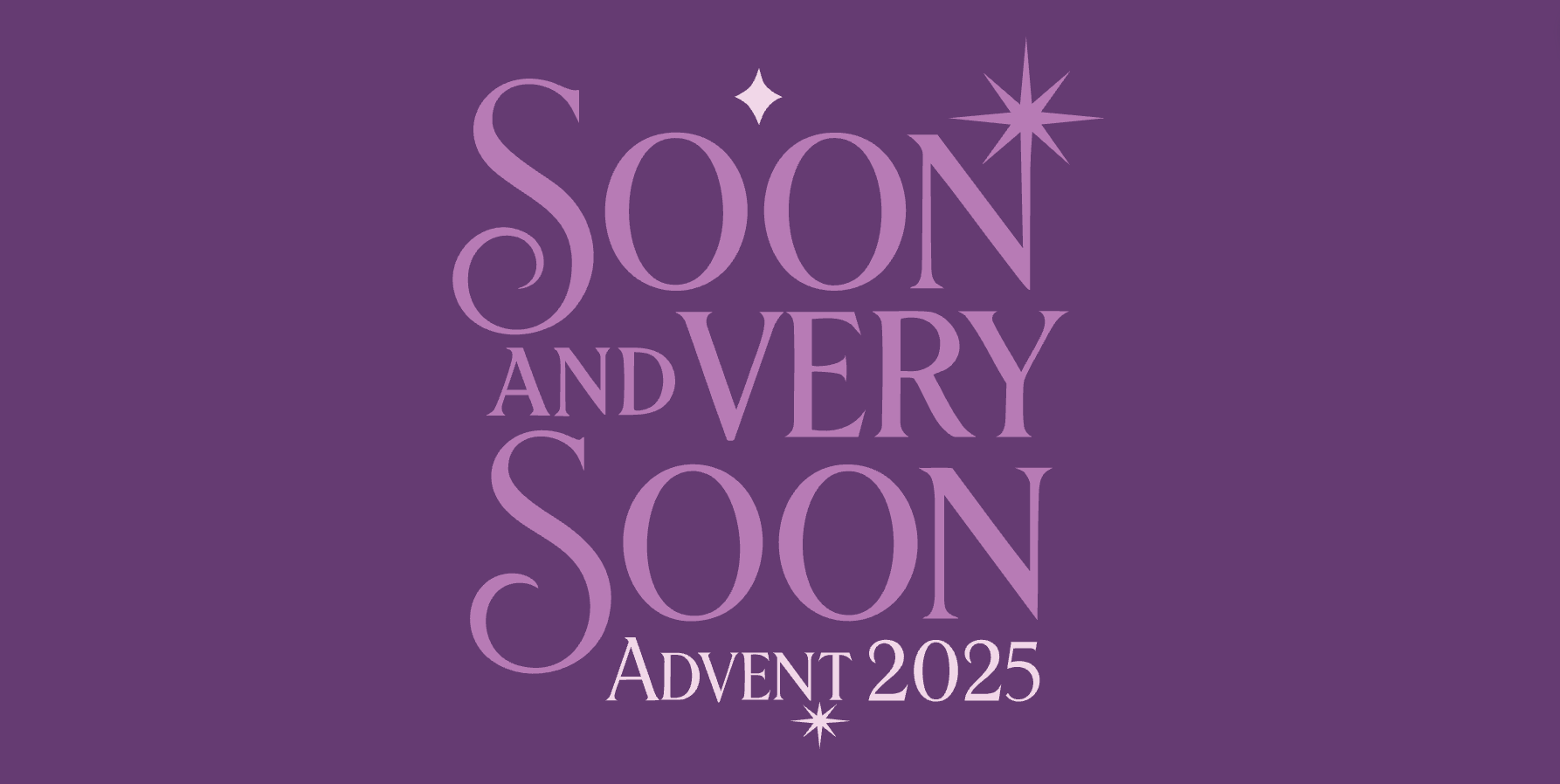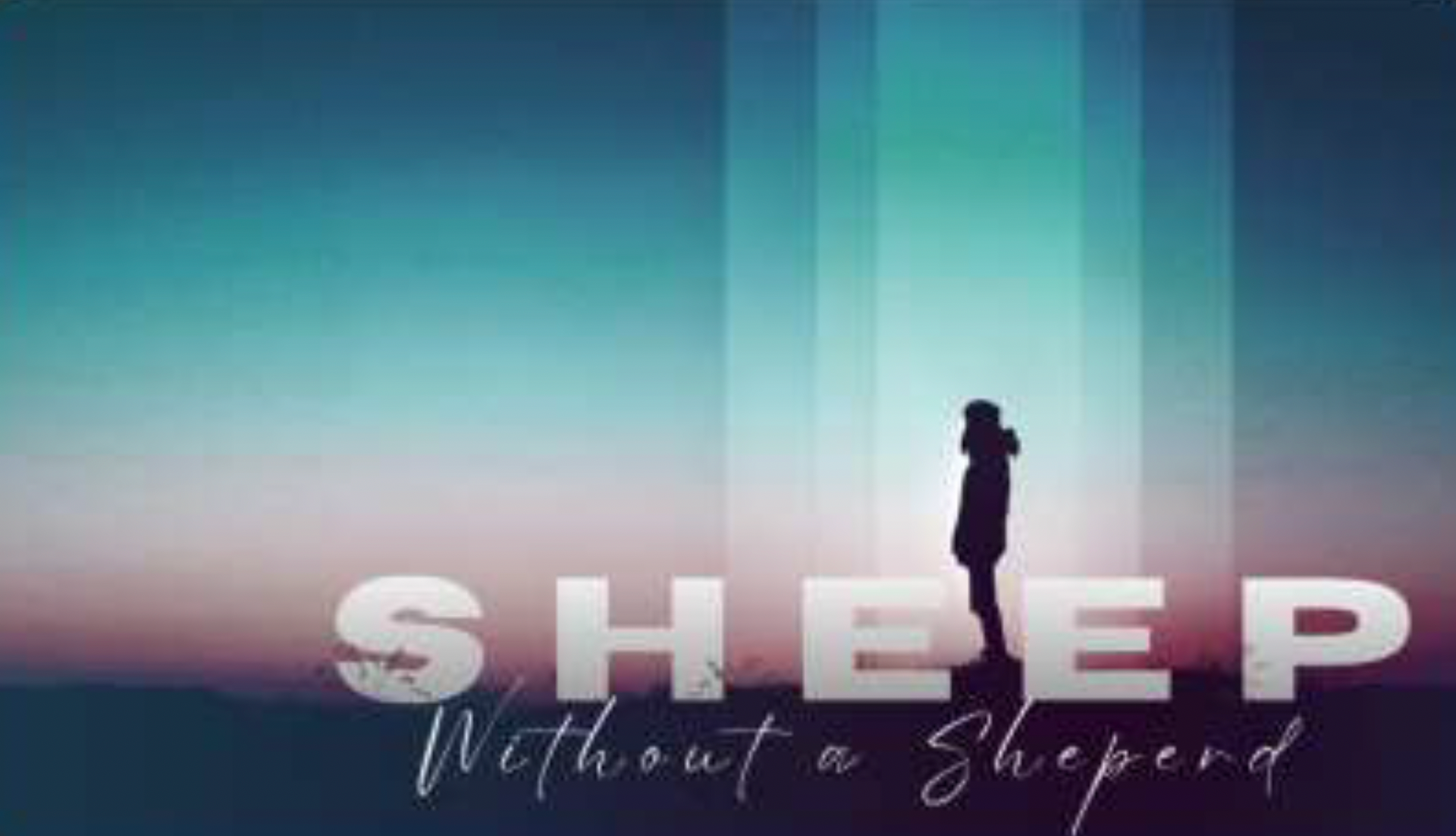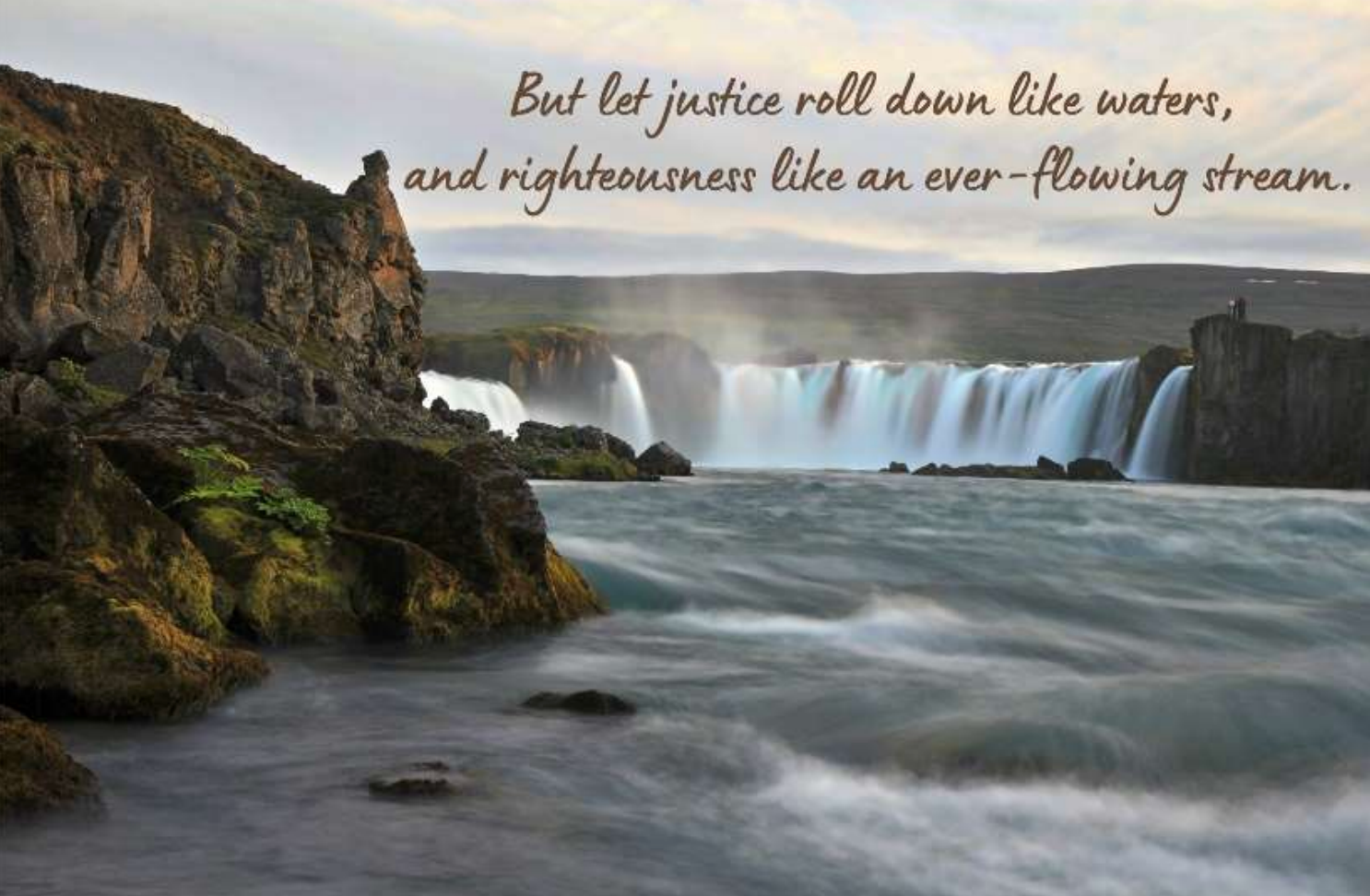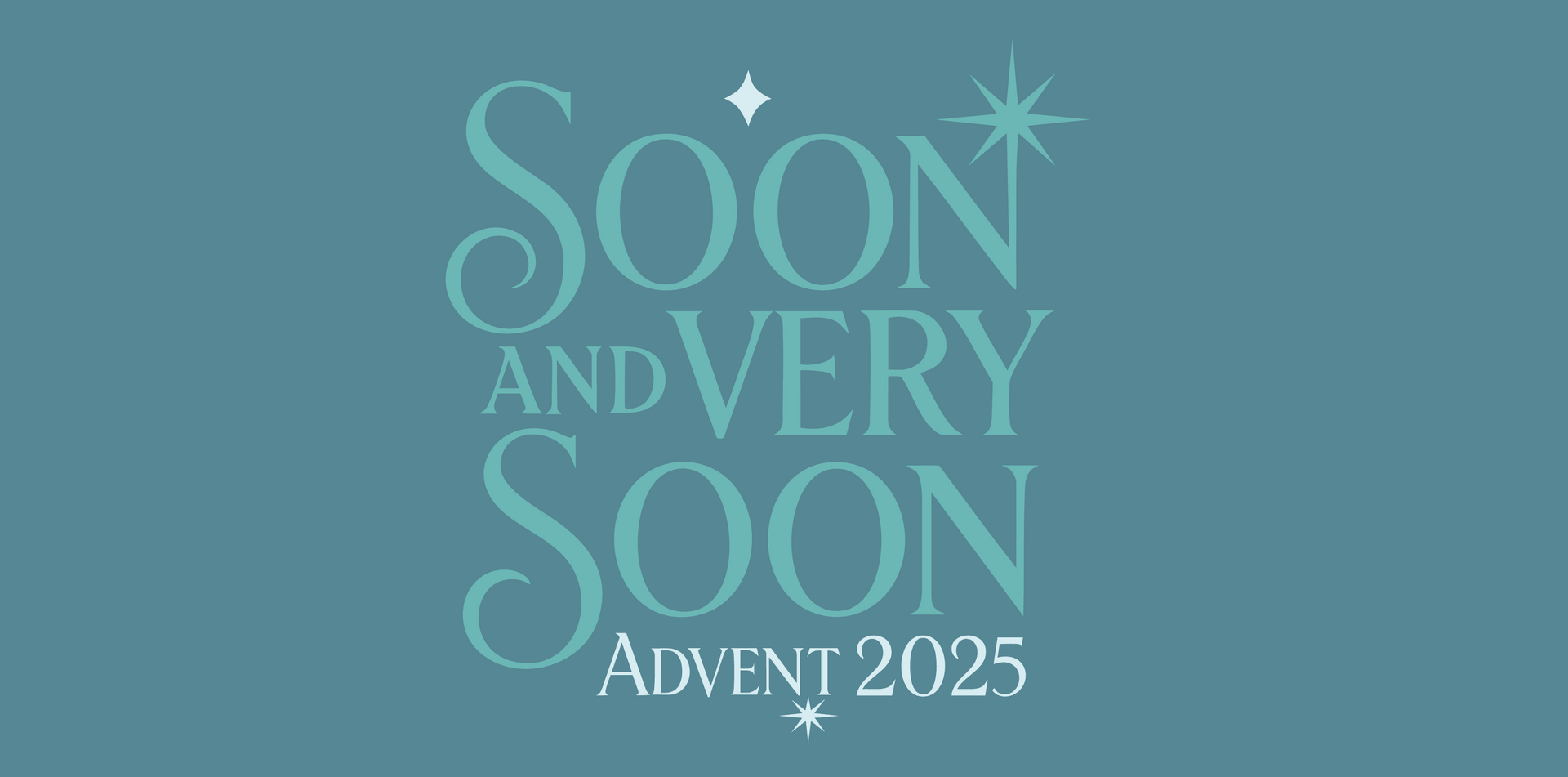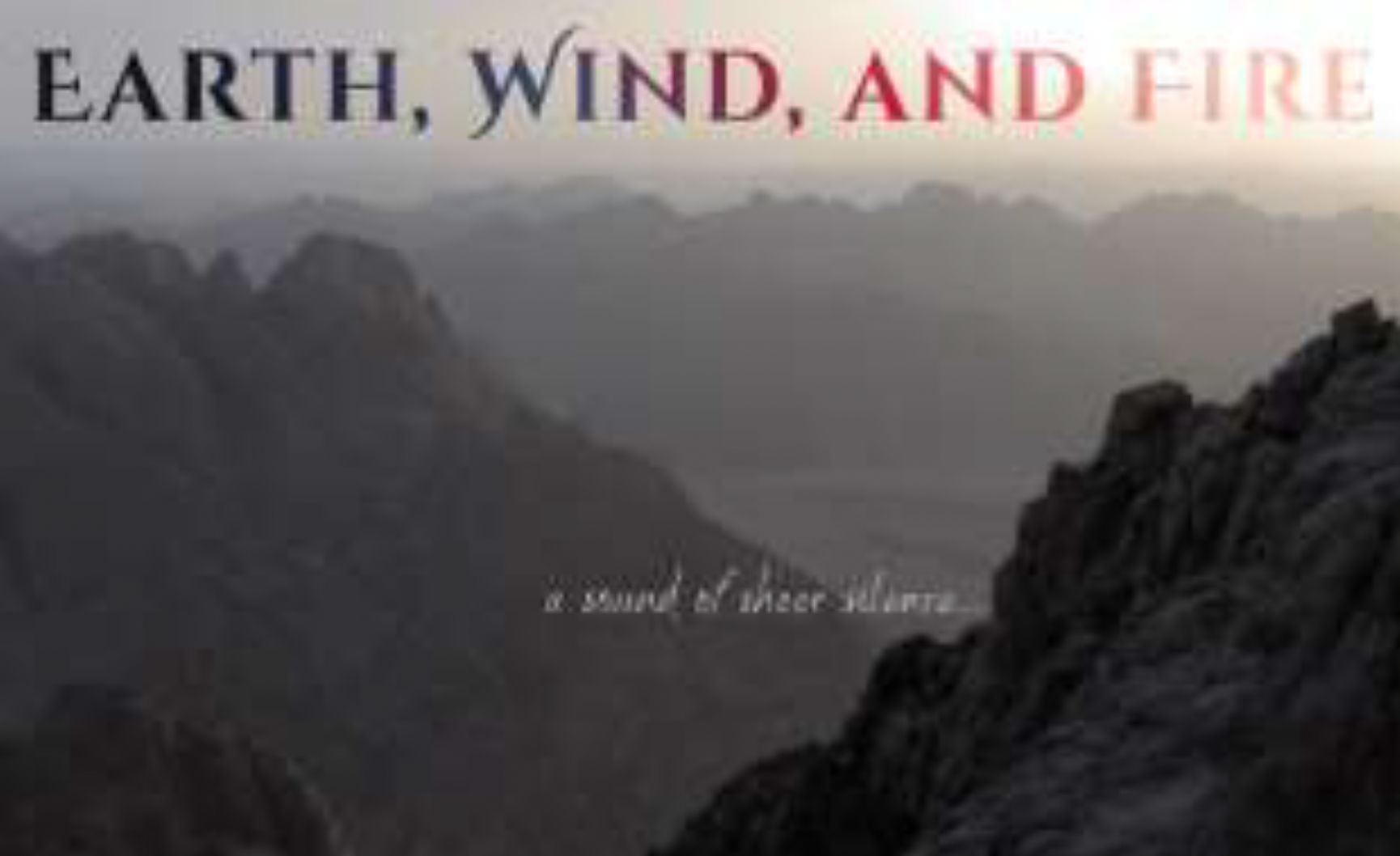Sermon: Jan 29, 2023 Enough for Today
Worried? Maybe if we considered the lilies of the field of the birds of the air, we could let go of some of that worry. Maybe if our treasure was stored in heaven and not on earth, some of our concerns might dissipate. How are you managing your anxiety today? Can we help? Could God?
Scripture
Matthew 6:7-34
“When you are praying, do not heap up empty phrases as the Gentiles do; for they think that they will be heard because of their many words. Do not be like them, for your Father knows what you need before you ask him.
“Pray then in this way: Our Father in heaven, hallowed be your name. Your kingdom come. Your will be done, on earth as it is in heaven. Give us this day our daily bread. And forgive us our debts, as we also have forgiven our debtors. And do not bring us to the time of trial, but rescue us from the evil one. For if you forgive others their trespasses, your heavenly Father will also forgive you; but if you do not forgive others, neither will your Father forgive your trespasses.
“And whenever you fast, do not look dismal, like the hypocrites, for they disfigure their faces so as to show others that they are fasting. Truly I tell you, they have received their reward. But when you fast, put oil on your head and wash your face, so that your fasting may be seen not by others but by your Father who is in secret; and your Father who sees in secret will reward you.
“Do not store up for yourselves treasures on earth, where moth and rust consume and where thieves break in and steal; but store up for yourselves treasures in heaven, where neither moth nor rust consumes and where thieves do not break in and steal. For where your treasure is, there your heart will be also. “The eye is the lamp of the body. So, if your eye is healthy, your whole body will be full of light; but if your eye is unhealthy, your whole body will be full of darkness. If then the light in you is darkness, how great is the darkness! “No one can serve two masters; for a slave will either hate the one and love the other, or be devoted to the one and despise the other. You cannot serve God and wealth.
“Therefore I tell you, do not worry about your life, what you will eat or what you will drink, or about your body, what you will wear. Is not life more than food, and the body more than clothing? Look at the birds of the air; they neither sow nor reap nor gather into barns, and yet your heavenly Father feeds them. Are you not of more value than they? And can any of you by worrying add a single hour to your span of life? And why do you worry about clothing? Consider the lilies of the field, how they grow; they neither toil nor spin, yet I tell you, even Solomon in all his glory was not clothed like one of these. But if God so clothes the grass of the field, which is alive today and tomorrow is thrown into the oven, will he not much more clothe you—you of little faith? Therefore do not worry, saying, ‘What will we eat?’ or ‘What will we drink?’ or ‘What will we wear?’ For it is the Gentiles who strive for all these things; and indeed your heavenly Father knows that you need all these things. But strive first for the kingdom of God and his righteousness, and all these things will be given to you as well. “So do not worry about tomorrow, for tomorrow will bring worries of its own. Today’s trouble is enough for today.
Sermon Text
All of us, at some time, have worried about something. But some of us have a special gift in the worrying department. Our brains just know how to plunge us deep into the depths of concern and all the possible threats and grievances we might one day encounter.
My brain seems particularly adept at worrying. As I shared in my children’s meditation, my worries began at an early age. In second grade, my pediatrician, who was a member of our Korean church community, diagnosed me, at eight years old, with a stomach ulcer due to stress. I was a latch-key kid, and many kids do just fine with that. For the most part I did, too. I didn’t cry or complain about it. Instead, I just internalized all my fear and anxiety.
I worried about losing my keys; I worried that I hadn’t locked our front door; I worried about the kids who would tease me on the bus ride home. I worried.
And I still worry… which, to be honest, worries me.
But science tells us that worry used to be a survival mechanism. James Clear, a behavioral psychologist and New York Times Bestseller, writes:
Thousands of years ago, when humans lived in an Immediate Return Environment, stress and anxiety were useful emotions because they helped us take action in the face of immediate problems. For example:
A lion appears across the plain > you feel stressed > you run away >
your stress is relieved.
- A storm rumbles in the distance > you worry about finding shelter > you find shelter > your anxiety is relieved…
This is how our brains evolved to use worry, anxiety, and stress.
Anxiety was an emotion that helped protect humans in an Immediate Return Environment. It was built for solving short-term, acute problems. There was no such thing as chronic stress
because there aren’t really chronic problems in an Immediate Return Environment.
But, the problem is, we no longer live in that environment. Our society has shifted to a predominantly Delayed Return Environment. … [Meaning that] today we face different problems. … Problems … that can rarely be solved right now in the present moment.
[But] our brains are still designed to value immediate returns. We are essentially walking around with the same hardware as our Paleolithic ancestors.[1]
That is the evolutionary history of anxiety. In short, humans worry because it’s how we’ve been hard wired. It was once helpful to us, so we evolved to allow for it.
But since our environment changed, this thing that was once rather helpful actually seems now to cause more harm than good.
Now, having all this scientific background doesn’t necessarily stop me from worrying, but I do like knowing it because
- I can acknowledge how very normal and natural it is to worry. And
- Because I can pretend that my incredible ability to worry means I was once highly developed in the art of survival.
Knowing the science of it all, however, is not as helpful to me, as it is knowing that Jesus himself talked about worrying. Jesus knew that we would worry. Perhaps Jesus himself did some worrying as well.
And he felt it important enough to talk about and preach on it. Later, his followers felt it important enough to record his words and include it in their shared resources about his life.
There are many things that so-called Christians today find incredibly important to their faith that Jesus never even mentions. Our worries, however, were significant enough to Jesus that he lifts them up in his Sermon on the Mount.
For me, knowing that the Creator of the Universe, the Emmanuel – God with us – cared enough about me and my concerns to talk about them in his brief three years of ministry, brings me comfort.
God knows what it’s like to worry because Jesus embodied this natural human instinct. And he encouraged us saying, “Do not worry about tomorrow, for tomorrow will bring worries of its own. Today’s trouble is enough for today.”
We’ve got enough troubles for today. And we’ve got enough to sustain us for today – after all,
this passage begins with The Lord’s Prayer that says, “give us this day our daily bread.”
One day at a time; enough for this day.
James Clear in his article about the evolution of anxiety, also writes:
One of the greatest sources of anxiety in a Delayed Return Environment is the constant uncertainty. There is no guarantee that working hard in school will get you a job. There is no promise that investments will go up in the future. There is no assurance that going on a date will land you a soulmate. Living in a Delayed Return Environment means you are surrounded by uncertainty.[2]
This uncertainty is what keeps nagging at us and taking up valuable head space. So what can we do about it all?
Luckily, there are many articles and research on how to help relieve our worry. Roy T. Bennett suggests:
“Instead of worrying about what you cannot control, shift your energy to what you can create.”
What can we make, do, or create to help alleviate the things we worry about? How can we contribute, participate, and make a difference, so that our worries lead us to action rather than get us stuck in fear?
In our scripture passage for today, I find three ways we might abate our anxiety, and I will take them in reverse order starting with the end of our passage and making my way up.
The first is: to look to nature – In verses 26 – 29, Jesus says “Consider the lilies of the field … Look at the birds of the air; they neither sow nor reap nor gather into barns, and yet your heavenly Father feeds them. Are you not of more value than they?”
Now, I know with climate change and all that is happening on our planet, looking at nature can cause us to worry, too. But going out into nature, allowing ourselves to bathe is God’s creation, it can also ground us and connect us to live purposefully and with faith.
Take a hike through the Presidio; listen to the roar of the waves on Ocean Beach; dive into the sanctuary of trees that is Muir Woods. It is nearly impossible to miss God’s presence woven so deeply
into the fabric of creation.
And for that moment, perhaps we release our worries and find ourselves completely present in that moment.
The second is: to store your treasure in heaven.
Jesus says, “where your treasure, there your heart will be also” (vs. 19-21).
The number one concern, of most people living on earth today, is money. And when we don’t have enough to live on, that is an injustice that God despises and calls on us to correct. There are systemic and economic flaws in our society that allow for great wealth disparities. And we absolutely have to address that.
But many of us worry about not having enough, when we have more than enough for today. Where are we putting our treasure? Where are we putting our trust? Is it in God who is eternal? Or is it in things and bank accounts, here on earth that cannot be lasting?
Once our treasures and what matters are stored in heaven, and not in what moth and rust can destroy,
a great part of our worries will be laid at the feet of God.
Now, that doesn’t mean we own nothing and save nothing – although for some, it may look like that.
The early church looked like that.
But it does mean that our priorities and what matters most to us must be that which is eternal –
in the building of God’s kingdom, rather than in the building of wealth; and in the investments of our love, compassion, and time rather than of our stocks and bonds.
Store your treasure up in heaven. What we entrust to God is ever-lasting.
And finally, pray.
Our scripture lesson today begins with a call to prayer, not to be seen as pious or holier than thou,
but because prayer is a conversation with God where we are safe enough to share our worries and our concerns with a God who is faithful and promises to provide.
Jesus says we don’t need a lot of words; in fact, we don’t even need all the right words. We just need hearts willing to connect with God and willing to entrust God with our very lives.
Prayer opens our hearts, minds, and souls to receive God’s love and to know that there is enough for today.
Prayer allows us to honestly share that which concerns us, and to give it to God knowing that there is so little we can control any way.
Prayer stills our lives for a moment and reminds us that we are safe in the loving arms of God. And we are.
Now, as the hands and feet of Jesus, we pray not just with our words, but with our very lives, as we go into the world, and offer a safe haven for all.
This new year has already been filled with acts of violence in our nation that should make us all worry.
Two mass shootings just in our state of California. 39 total in this country, making it more mass shootings this year than days! A brutal police beating in Memphis that killed a young man named Tyre Nichols.
How can we not worry? Something is deeply wrong here.
But if we allow our worry to spark our instincts for survival, we will realize that we need each other to survive. And so, the best way to relive our worry is to care for one another and for the world, to go out and seek justice, so that there can be peace.
And we do it one day at a time, one person at a time, one moment at a time.
Friends, tomorrow will bring worries of its own. Today’s trouble is enough for today. So let us face today with courage and with hope knowing that God is sovereign, so we do not have to be.
Thanks be to God, Amen.
“I Worried” by Mary Oliver
I worried a lot. Will the garden grow, will the rivers
flow in the right direction, will the earth turn
as it was taught, and if not how shall
I correct it?
Was I right, was I wrong, will I be forgiven,
can I do better?
Will I ever be able to sing, even the sparrows
can do it and I am, well,
hopeless.
Is my eyesight fading or am I just imagining it,
am I going to get rheumatism,
lockjaw, dementia?
Finally, I saw that worrying had come to nothing.
And gave it up. And took my old body
and went out into the morning,
and sang.
[1] https://jamesclear.com/evolution-of-anxiety#:~:text=Thousands%20of%20years%20ago%2C%20when,away%20%3E%20your%20stress%20is%20relieved.
[2] Ibid
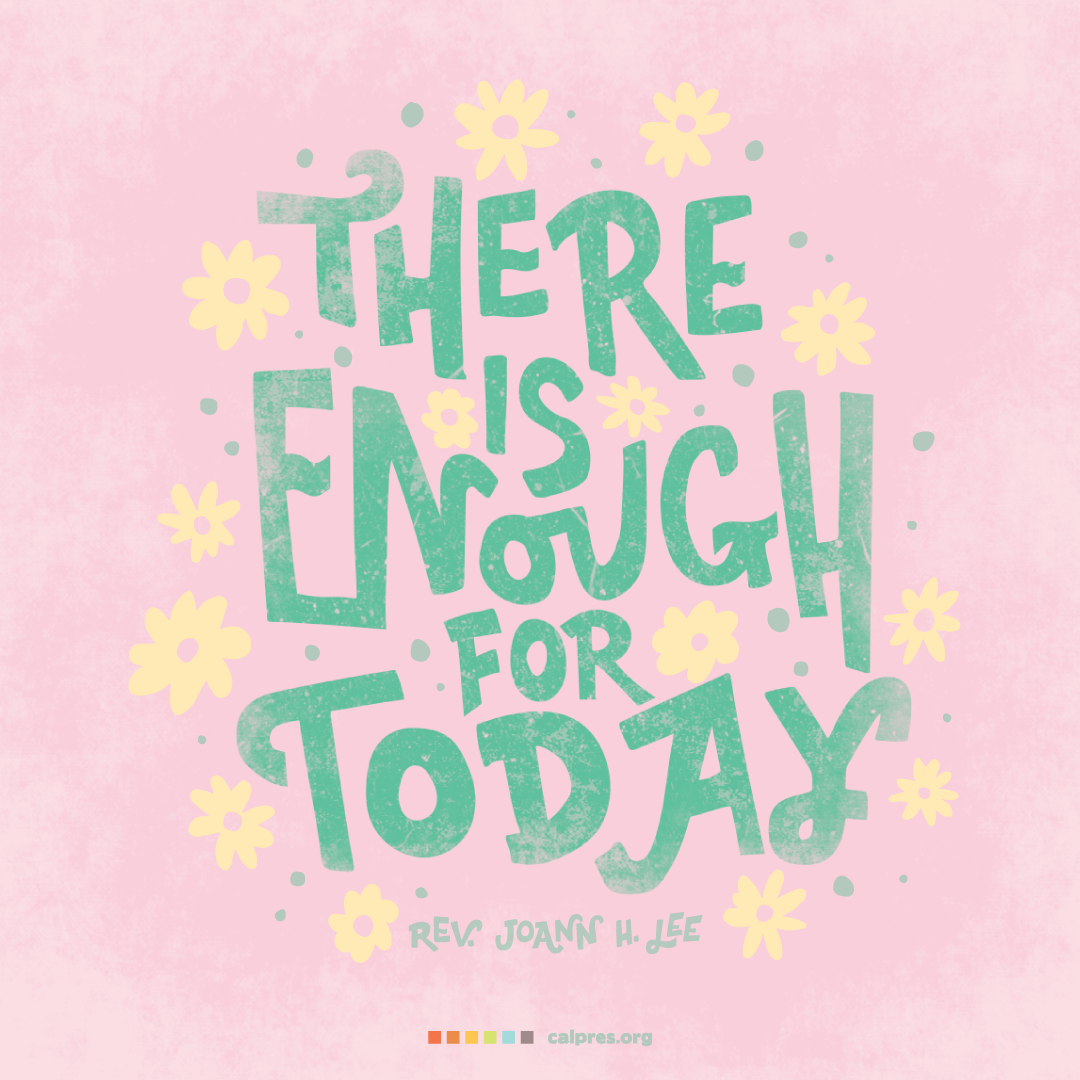
Art by Jess Churchill



